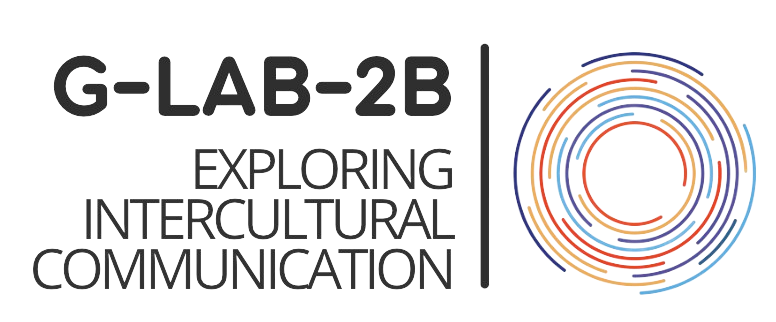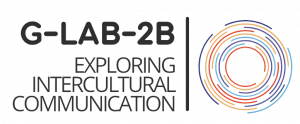When we walk through the streets of our cities and towns today, we are sometimes overcome by a feeling, a silent question, sometimes a little bit resigned: Is it still possible to change anything? Can we, as a society, truly transform ourselves, or are we now just “players” in a system that perpetuates itself?
The idea that society can be transformed is not new. Even during the Enlightenment, people believed in the power of progress guided by reason. Free and conscious human beings should be capable of shaping their world. Karl Marx, albeit in a very different tone, also saw society as something malleable, as the result of social struggles. His famous phrase in the Theses on Feuerbach, “Philosophers have only interpreted the world in various ways; the point is to change it,” was the motto of entire generations….
Table of Contents
…but what does that mean today, in times of algorithms, global crises, and extreme complexity?
Society as an observer of itself
Niklas Luhmann, one of the most complex but also most lucid thinkers of the 20th century, put it rather radically: society observes itself. It is not made up of individuals, but of communication. And when communication changes, society changes.
Too abstract? Perhaps. But let’s consider a simple example: the term “climate crisis” hardly existed in public debate two decades ago. Today, it shapes the thinking of entire generations. Not because the climate has changed suddenly overnight, but because we have started to talk about it in a different way. New concepts create new realities. Society changes when the way it tells its own story changes. When it begins to question its structures and rewrite its narratives.
However, all this is not enough if we lose sight of the human being. Because society is not just a system of rules or structures; it lives through the people who think, act, and above all, imagine. Human beings, as Cornelius Castoriadis said, are imagining beings. This means that we not only inhabit society, we also create it, at every moment, with our words, our gestures, our decisions.
And that is why a part of the transformation resides in each of us. Not in a heroic sense. No one is obliged to save the world. But we can all weave a new thread into the great tapestry of our social relations.
Between powerlessness and possibility
Of course, change is difficult and systems are slow; that is democracy, it was designed like that. But often we ourselves are the ones who fear change the most: out of comfort, fear, or habit. However, it would be intellectually dishonest and ethically irresponsible to give up the possibility of change, or rather, social progress, because of this.
AI and the climate crisis: two mirrors of the same challenge
Few combinations better illustrate our capacity and urgency for transformation than the intersection of artificial intelligence and the climate crisis. Separately, these are already colossal challenges. Together, they force us to rethink the course of civilization.
Artificial intelligence promises to optimize what we do: predict disasters, manage resources, design solutions in record time. Some algorithms already predict forest fires, monitor polar ice melt, or adjust the energy consumption of entire cities. Technology is undoubtedly ready to help.
But the question is not whether AI can save the planet. The real question is:
Do we want it to? And under what conditions?
Because AI “programmed” by economic interests without an ethical horizon can also accelerate destruction: data mining, “brutal” energy consumption, automation without conscience. There is no point in predicting collapse if we are not willing to change the causes.
Here, society is facing a mirror. A mirror that reflects not only what we are, but what we could be. AI, like climate change, is not just a technical challenge. It is a profoundly human question: What future are we willing to imagine?
Both crises, ecological and algorithmic, demand the same thing of us: to transform our priorities, redefine progress, and above all, rethink the common good.
The mirror we look into does not force us to choose between nature, technology, and society, but to reconcile them: to recognize in their reflection the possibility of a common vision for a more just and livable future.


